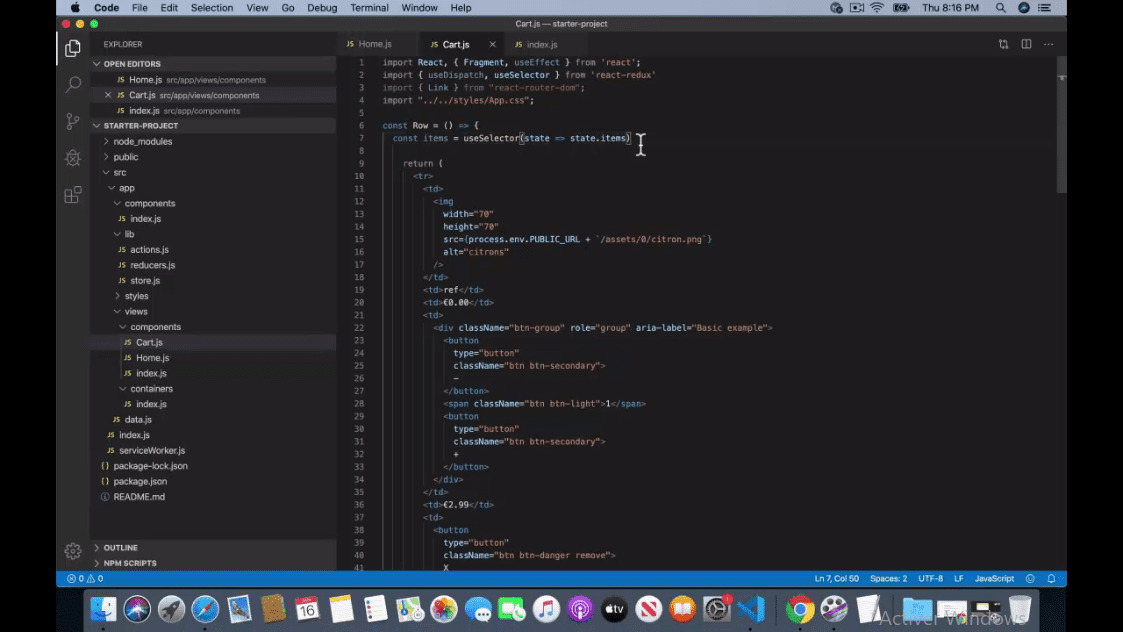

check to see if the data needed by the component have changed.The workflow of React Redux can be simply understood as:
REDUX USESELECTOR UPDATE
The official React binding for Redux is React Redux which is used to read data from a Redux Store, and dispatch Actions to the Store to update data.

Redux is used by ReactJS for building the user interface and to manage the application state. Redux was inspired by Flux but it omitted the unnecessary complexity: it does not have Dispatcher concept, has a single Store and the Action objects is received and handled directly by Store in the Redux. components/AddContactForm.Redux is an open-source JavaScript library which was first introduced in 2015 by Dan Abramov and Andrew Clark in 2015. Here are the presentational components that we'll be using in this tutorial. Moving on, let's see how we're going to organize our components. I've covered the topic in depth in another tutorial, Stateful vs. They pass the data that needs to be rendered to the dumb components as props. The container components, on the other hand, deal with the behavioral part and should contain very limited DOM markup and style. They don't care if your application is connected to a Redux store if the data is coming from the local state of the parent component. They are decoupled from the business logic of the application and receive data and callbacks from a parent component exclusively via props. The presentational components are said to be dumb because they are concerned about how things look. The benefit of this approach is that the behavior logic is separated from the view. Recall that we created two separate directories for components, one named containers/ and the other components/. This is a concept that you've probably heard of before, but let's have a quick look at the difference between smart and dumb components. Designing a Component Hierarchy: Smart vs. If you're curious to know how the application looks by the end of this tutorial, try the v2 branch.
REDUX USESELECTOR CODE
Grab the code from the main branch and use that as a starting point for this tutorial. The code for the tutorial is available on GitHub in the react-redux-demo repo.
REDUX USESELECTOR HOW TO

REDUX USESELECTOR SERIES
You don't need to have followed the previous parts of this series for this tutorial to make sense. And it works flawlessly with React because of its functional approach. Redux is an independent library that works with all the popular front-end libraries and frameworks. This is the third part of the series on Getting Started With Redux, and in this tutorial, we're going to learn how to connect a Redux store with React.


 0 kommentar(er)
0 kommentar(er)
